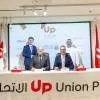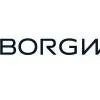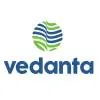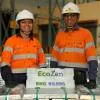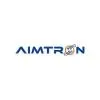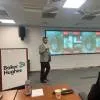We take on the complete job, from maintenance to operations
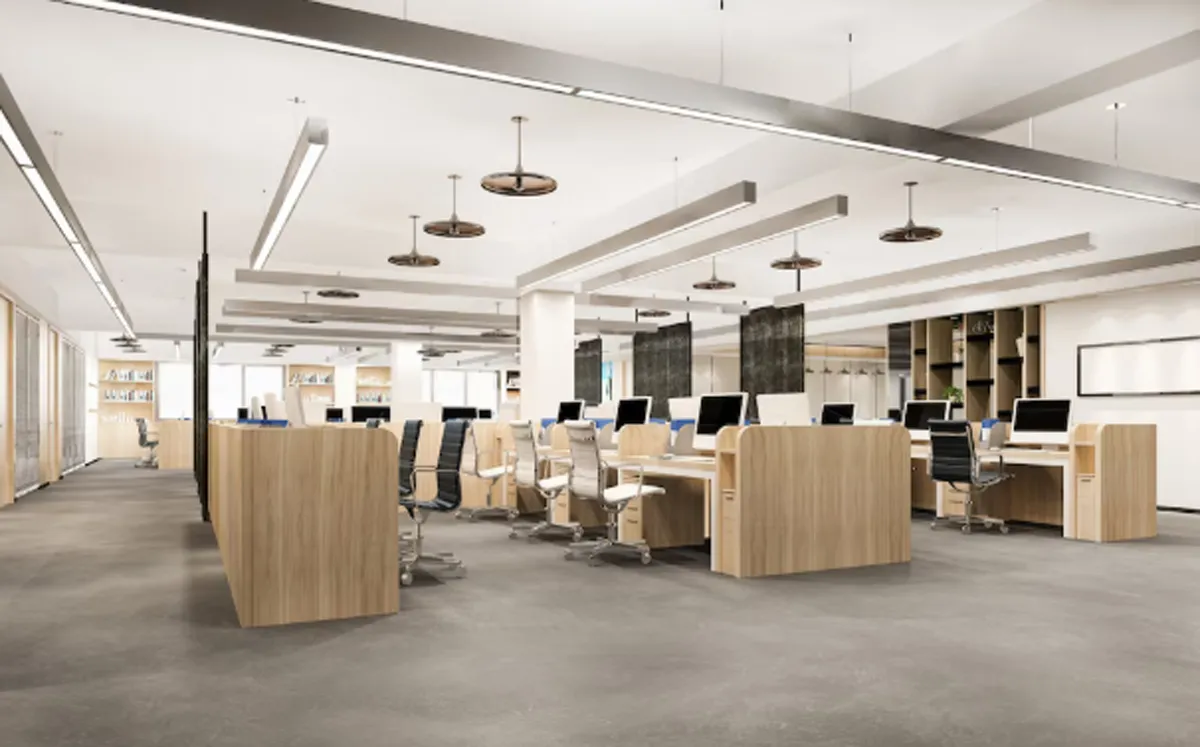
83% of Indian Employees Welcome Office Return: JLL Report
India is leading the global Return-to-Office (RTO) movement, with 82 per cent of employees currently under office-based work mandates and 83 per cent expressing positive sentiment toward the shift, according to JLL’s Workplace Preference Barometer 2025. This enthusiasm positions India well above the Asia-Pacific average of 64 per cent, underscoring the country’s progress in creating people-centric, flexible, and productive workplaces.The technology, BFSI, and education sectors are at the forefront of this RTO trend, with Indian corporates excelling in designing work environments that balan..
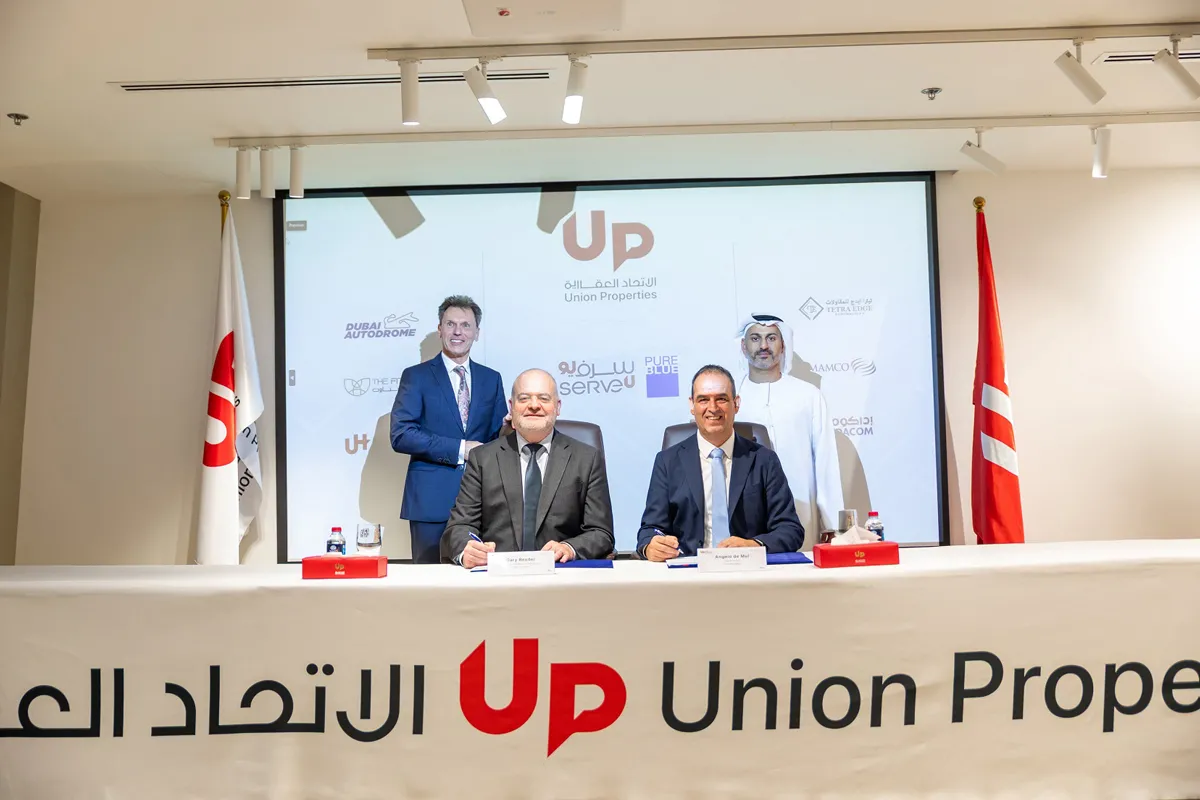
ServeU, PureBlue Water Partner to Boost Sustainable Water Management in UAE
ServeU, a subsidiary of Union Properties and a leading facilities management provider in the UAE, has signed a strategic partnership with PureBlue Water, an innovator in sustainable water and wastewater technologies. The collaboration aims to promote efficient water use, cost reduction, and circular water management across the UAE’s residential, commercial, industrial, and leisure sectors.This partnership integrates ServeU’s regional expertise with PureBlue Water’s advanced distributed treatment systems, offering a sustainable alternative to traditional centralized sewer networks. These ..
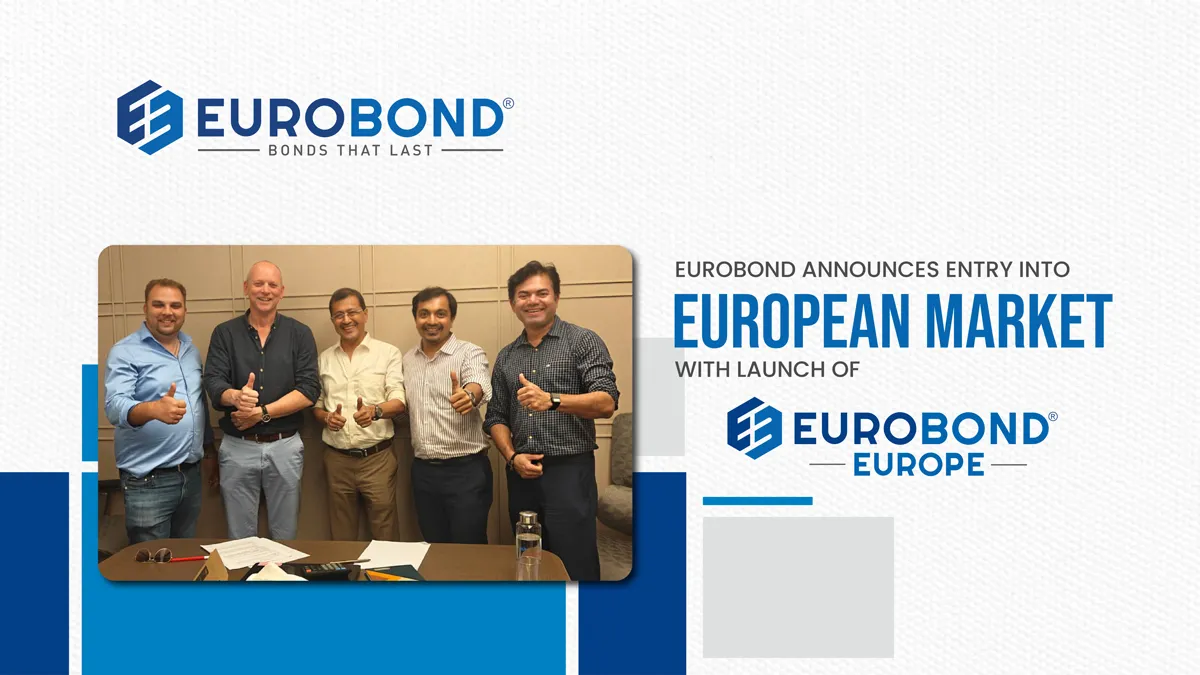
Eurobond Expands Global Footprint with Launch of Eurobond Europe
Euro Panel Products, the parent company of Eurobond, has announced its official entry into the European market with the launch of Eurobond Europe, which will serve as the brand’s exclusive distributor across the region.Established in 2002, Eurobond is among India’s leading manufacturers of Aluminium Composite Panels (ACP) and façade solutions. With a state-of-the-art facility in Gujarat and exports to over 20 countries, the company continues to set benchmarks in quality, design, and innovation. Its expansion into Europe marks a strategic step in strengthening its global presence.Divyam Sh..





